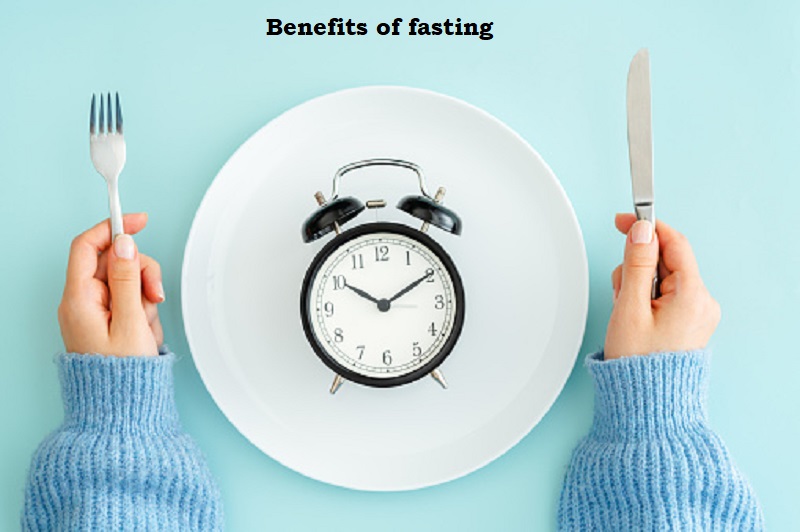
Fasting is a practice that involves refraining from food and sometimes drinks for a certain period, and has been utilized for various purposes, including spiritual, cultural, and health reasons for thousands of years. Fasting helps individuals to practice self-discipline, self-control, and empathy for those less fortunate. The month-long Ramadan fast, which involves abstaining from food, water, and any other drinks from sunrise to sunset, is about to end. In India, there is a range of fascinating fasting foods and practices that demonstrate the deep connections between food and well-being.
For example, in Hyderabad, haleem, a high-calorie stew made of meat, lentils, and wheat, is a popular dish to break the daily fast during Ramadan. In Tamil Nadu and Kerala, nourishing and healing nombu kanji, a stew prepared with vegetables and meats, is consumed with relish and gratitude after a day of strict fasting. During the nine-day long Navratri fast in Gujarat, energy-dense foods made with potatoes, sago, singhara, and peanuts are consumed alongside lighter but nutritious preparations such as yam raita and jamun raita. Ayurveda states that “langhanamparamamaushadham” or “fasting is the supreme medicine.”
Fasting offers significant benefits for health and happiness. The most immediate impact and benefit of fasting is that it cleanses the digestive tract by giving it a much-needed break. A healthy gut is essential for overall health and wellbeing. Several studies have linked a rich and diverse gut microbiome to strong immunity, reduced blood pressure and body weight, heart health, and healthy blood sugar levels. Fasting rejuvenates the gut by allowing gut bacteria to rest and repopulate, changing the composition of the microbiota with positive health outcomes. Colonies of certain good bacteria, associated with anti-aging effects and healthier metabolism, become active and start multiplying during fasting periods.
The gut is physically connected to the brain through the gut-brain axis, and the two organs are in constant communication. The gut affects our mood, and certain good bacteria in the gut produce serotonin, a natural mood stabilizer. Fasting is equally regenerative for the mind, making it calmer and easier to turn inwards and meditate. Fasting strengthens the mind by challenging and testing willpower, making the mind less reactive and more intentional over time.
Different types of fasting exist, including intermittent fasting, full fasting, fruit fasting, and liquids fasting. Intermittent fasting involves time-restricted eating and fasting for periods longer than an overnight fast. Full fasting involves drinking water only, and a fruit fast involves eating only fruits, which can cleanse the body internally and initiate healing and rejuvenation. Liquids fasting involves consuming teas, coffee, milk, juices, soups, and avoiding solid foods. Fasting is not recommended for everyone, such as pregnant and lactating mothers, children, elderly people, and those who are on medication.
In conclusion, fasting is a pathway to good health and well-being when practiced with intention and faith. It is generously backed by both science and ancient wisdom and leads to lasting physical, mental, and spiritual well-being. Fasting should not be viewed as a form of abstinence but as a practice to develop self-discipline and resilience. For best results, individuals should consult their healthcare providers before starting any kind of fast.

Post Your Comments